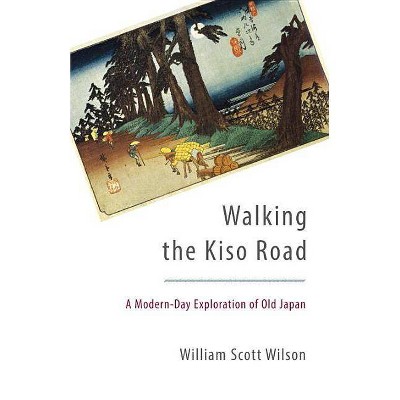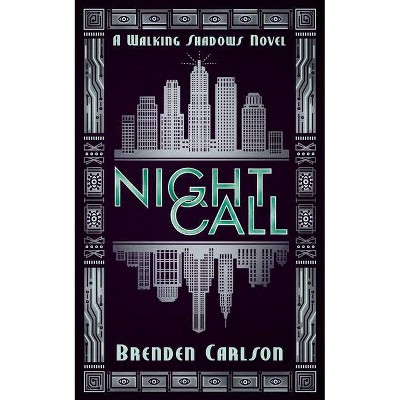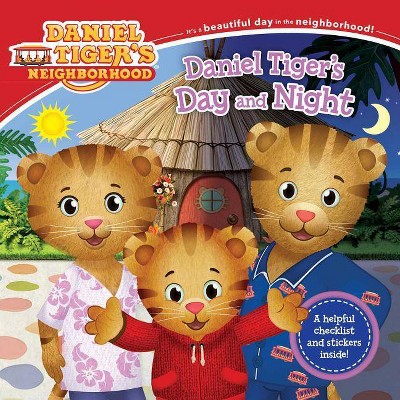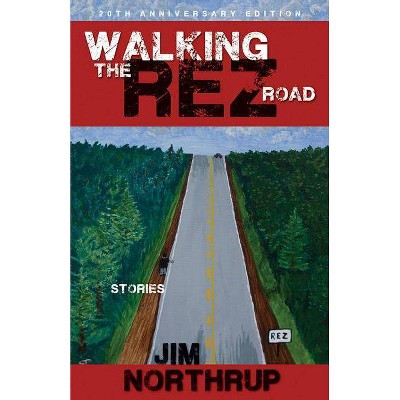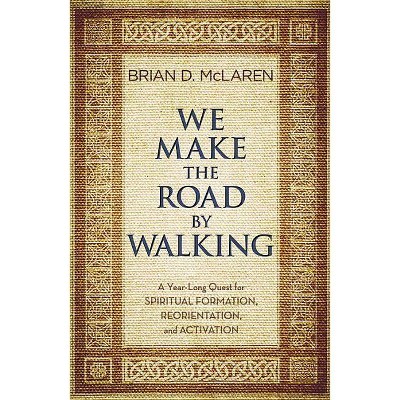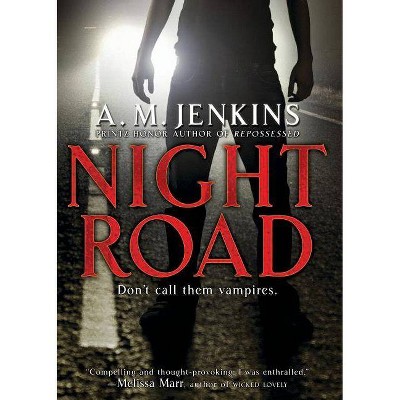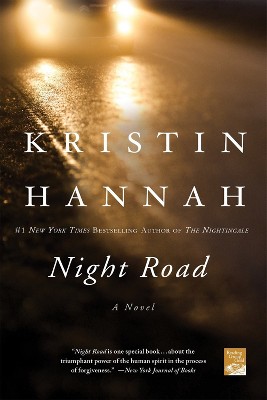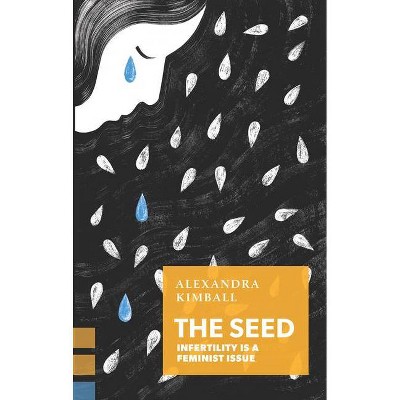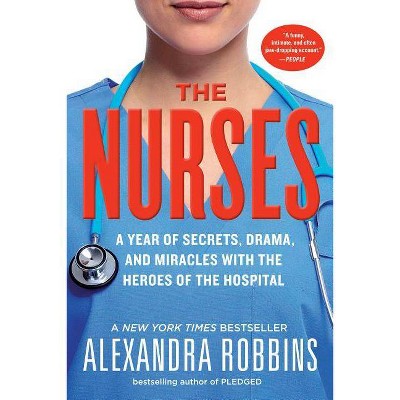Walking the Night Road - by Alexandra Butler (Paperback)
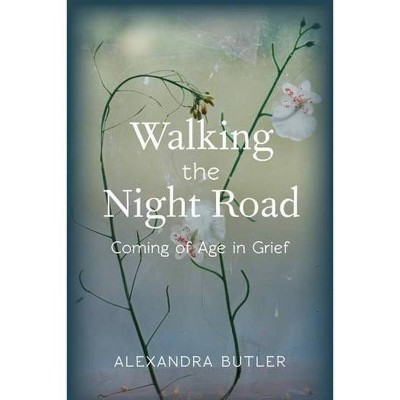
Similar Products
Products of same category from the store
AllProduct info
<p/><br></br><p><b> About the Book </b></p></br></br>Speaks to the experience of caring for a loved one with a terminal illness and the difficulties of encountering death.<p/><br></br><p><b> Book Synopsis </b></p></br></br><i>The house looked as if she'd brushed it over with a hurried hand. Things were open--drawers, cans, and closets. A pile of newspapers fanned out across the floor by the front door, and still I did not wonder. She must have dropped them as she ran, I thought. My mother was often late. But had I stopped to look, I would have seen the fear in the way the house had settled--a footstool that lay on its side, several books that had fallen from their shelves. When you count back, you can see a story from the end. I like that--the seemingly natural narrative that forms this way. With the end in my hand, the story becomes mine. I can have it all make sense, or I can lose my mind like she lost hers--like I lost her. But I can have my story. </i><br><i></i><br><i>Walking the Night Road</i> speaks to the experience of caring for a loved one with a terminal illness and the difficulties of encountering death. Alexandra Butler, daughter of the Pulitzer Prize-winning gerontologist Robert N. Butler and respected social worker and psychotherapist Myrna Lewis, composes a lyrical yet unsparing portrait of caring for her mother during her sudden, quick decline from brain cancer. Her rich account shares the strains of caregiving on both the provider and the person receiving care and recognizes the personal and professional sacrifices caregivers must make to fulfill the role. <p/>More than a memoir of dying and grief, Butler's account also tests many of the theories her parents pioneered in their work on healthy aging. Authors of such seminal works as <i>Love and Sex After Sixty</i>, Butler's parents were forced to rethink many of the tenets they lived by while Myrna was incapacitated, and Butler's father found himself relying heavily on his daughter to provide his wife's care. Butler's poignant and unflinching story is therefore a rare examination of the intimate aspects of aging and death experienced by practitioners who suddenly find themselves in the difficult position of the clients they once treated.<p/><br></br><p><b> Review Quotes </b></p></br></br><br>Very well written, organized and presented, <i>Walking the Night Road</i> is... extraordinary and highly recommended.--The Midwest Book Review<br><br>Well written and engaging.--Journal of Gerontological Social Work<br><br>A detailed, beautifully written, insightful account of the process of dying and of living--it's difficult to put down. Butler is able to use her words to breathe life into the people she is writing about and provide the reader with an ability to enter their lives as observers who can nearly feel the sun, shudder in the cold, and hear the creak of the floors.--Jeanette Takamura, Dean, Columbia School of Social Work<br><br>Alexandra Butler's account of her parents' deaths is engaging and affecting. Boomers and their children will learn much from this memoir as they themselves approach the finitude of life.--Andrew Achenbaum, Professor of Social Work at the University of Houston<br><br>Alexandra Butler's memoir of the last year-and-a-half of her mother's life is a searing, exquisitely written, brilliant work. Its honesty, insight, and poetic sensitivity left us deeply moved, far more so than anything else we've read in many years. It is truly a magnificent accomplishment.--Lawrence K. Grossman, Former president of NBC News and PBS<br><br>An honest look at marriage, aging, happiness, and survival--both wise and funny. You will walk the Night Road too.--Barbara Walters<br><br>Beautiful, heartbreaking and incisive, Butler's memoir is a brutally honest retelling of her mother's tragic battle against cancer. Her words go beyond just grief, they inspire a greater understanding of what it means to be a child, and how the lines that define familial roles are often more complex and messy than they seem. A child is never just a child. A parent never just a parent. <i>Walking the Night Road</i> is a cathartic tribute to anyone who has ever lost a parent.--Will Reiser, Screenwriter, <i>50/50</i><br><br>Beautifully and skillfully written.--Rabbi Harold S. Kushner<br><br>Butler gives an exceptionally full-bodied description of family life, with its enduring connections, weaknesses, cruelties and warmth.--Terri Apter "Times Literary Supplement "<br><br>Butler has written a moving and powerful book about the unlikely blessings that a death can bring. Anyone who has lost a loved one--or indeed anyone who has unwillingly embarked on an adventure only to find themselves in a better place--will enjoy this account. She reminds us all that hardships can sometimes be gifts wrapped in pain. We just need to see them that way.--Dan Buettner, Author, <i>The Blue Zones Solution: Eating and Living Like the World's Healthiest People </i><br><br>I read it in one sitting. I laughed; I cried my eyes out; I related the whole way. And the beauty of it is that my mother does not have cancer. No one has cancer. It's the relationship and the feelings, deep to the core. This is not about cancer. It's about people, about the relationship between the people and the journey. I bet that people will relate no matter what kind of death or loss.--Joan Siffert, Senior Vice President of Development at Gilda's Club<br><br>I read this book in one sitting last night and it is really remarkable. She captures, a la Virginia Woolf, the inner voice and experience of illness, death and grief in a way I have not seen before. Lots of talent there.--Diane Meier, Director of Center to Advance Palliative Care<br><br>The vivid, expressive intelligence of the writing made the exploding consequences of Myrna's cancer invade my mind in ways that were deeply moving and instructive. I was struck by the author's skill as a writer from the devastating start of the book, in which Myrna has already crossed the threshold into a world from which she can't return. It reads like a nightmare at first, but then settles into the pit of the stomach as not nightmare at all, not even the cultural nightmare of cancer as dread incarnate, but as our everyday, waking reality transformed into a bizarre parallel universe. Butler has composed a particular and telling vignette with implications beyond her immediate circumstances--a tragi-comic subtext to the way many of us are driven to organize our lives in unbroken chains of projects.--Joan Retallack, John D. & Catherine T. MacArthur Professor of Humanities, Bard College<br><br>This book is Ms. Butler's passionate account of her fight to help her mother, the author of works on mental health and aging, Myrna Lewis, in her battle against a malignant brain tumor. The depth of her grief and her fury against a foe she knew must win is palpable on every page.--Peter Pouncey, Author of <i>Rules for Old Men Waiting</i><br><p/><br></br><p><b> About the Author </b></p></br></br>Alexandra Butler recently received her MSW from the Columbia University School of Social Work.
Price History
Price Archive shows prices from various stores, lets you see history and find the cheapest. There is no actual sale on the website. For all support, inquiry and suggestion messagescommunication@pricearchive.us
